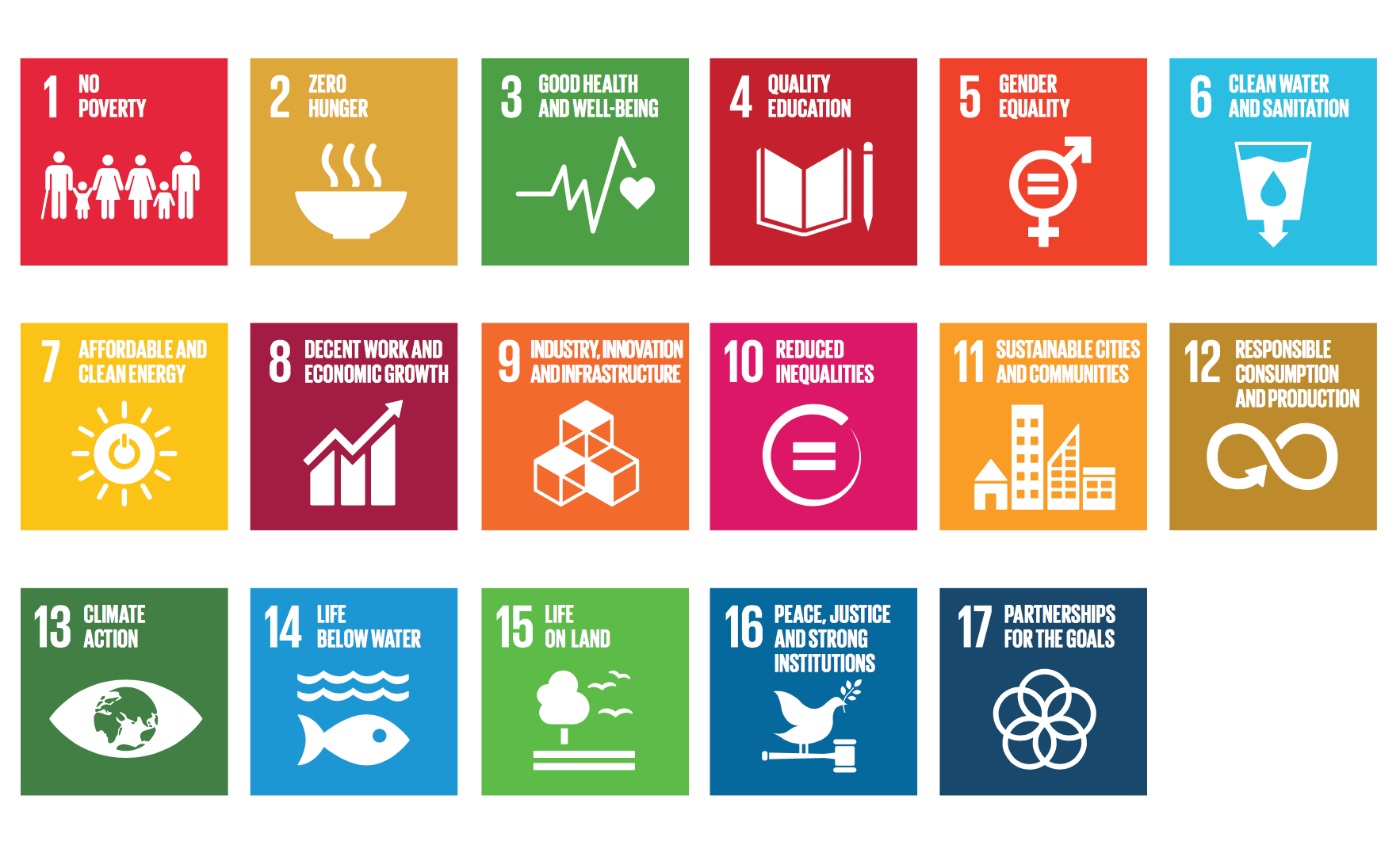SDGs are in sync with Africa’s priorities

is a set of values of subjects with respect to qualitative or quantitative variables. Data and information or knowledge are often used interchangeably; however data becomes information when it is viewed in context or in post-analysis.
Data is measured, collected and reported, and analyzed, whereupon it can be visualized using graphs, images or other analysis tools. Data as a general concept refers to the fact that some existing information or knowledge is represented or coded in some form suitable for better usage or processing.
Raw data ( unprocessed data ) is a collection of numbers or characters before it has been ‘cleaned’ and corrected by researchers. Raw data needs to be corrected to remove outliers or obvious instrument or data entry errors. Data processing commonly occurs by stages, and the ‘processed data’ from one stage may be considered the ‘raw data’ of the next stage.
Field data is raw data that is collected in an uncontrolled "in situ" environment. Experimental data is data that is generated within the context of a scientific investigation by observation and recording.
Data has been described as the new oil of the digital economy. Data, information, knowledge and wisdom are closely related concepts, but each has its own role in relation to the other, and each term has its own meaning.
According to a common view, data is collected and analyzed; data only becomes information suitable for making decisions once it has been analyzed in some fashion. One can say that the extent to which a set of data is informative to someone depends on the extent to which it is unexpected by that person. The amount of information content in a data stream may be characterized by its Shannon entropy.
AFRICA needs to address major issues such as inadequate data, poor inclusiveness, slow growth that could jeopardize its 2030 Agenda for Sustainable Development, said a report launched recently.
In 2015, a United Nations summit adopted an agenda that comprises 17 sustainable development goals (SDGs), including ending extreme poverty, preserving the environment and promoting economic growth.
Large data gaps continue to predominate, and only 40 per cent of the indicators in the global SDG data framework are accompanied by data in Africa, said the report.
The document, titled Africa 2030: SDGs Three-Year Reality Check, was compiled by Kigali-based Sustainable Development Goals Centre for Africa.
The report, which monitors Africa's progress toward the SDGs and explores the structural challenges Africa faces, was launched by Rwandan President Paul Kagame at an international conference on SDGs' implementation in Africa.
Even where data exists, much is outdated or incomparable across countries, the report said

No comments: